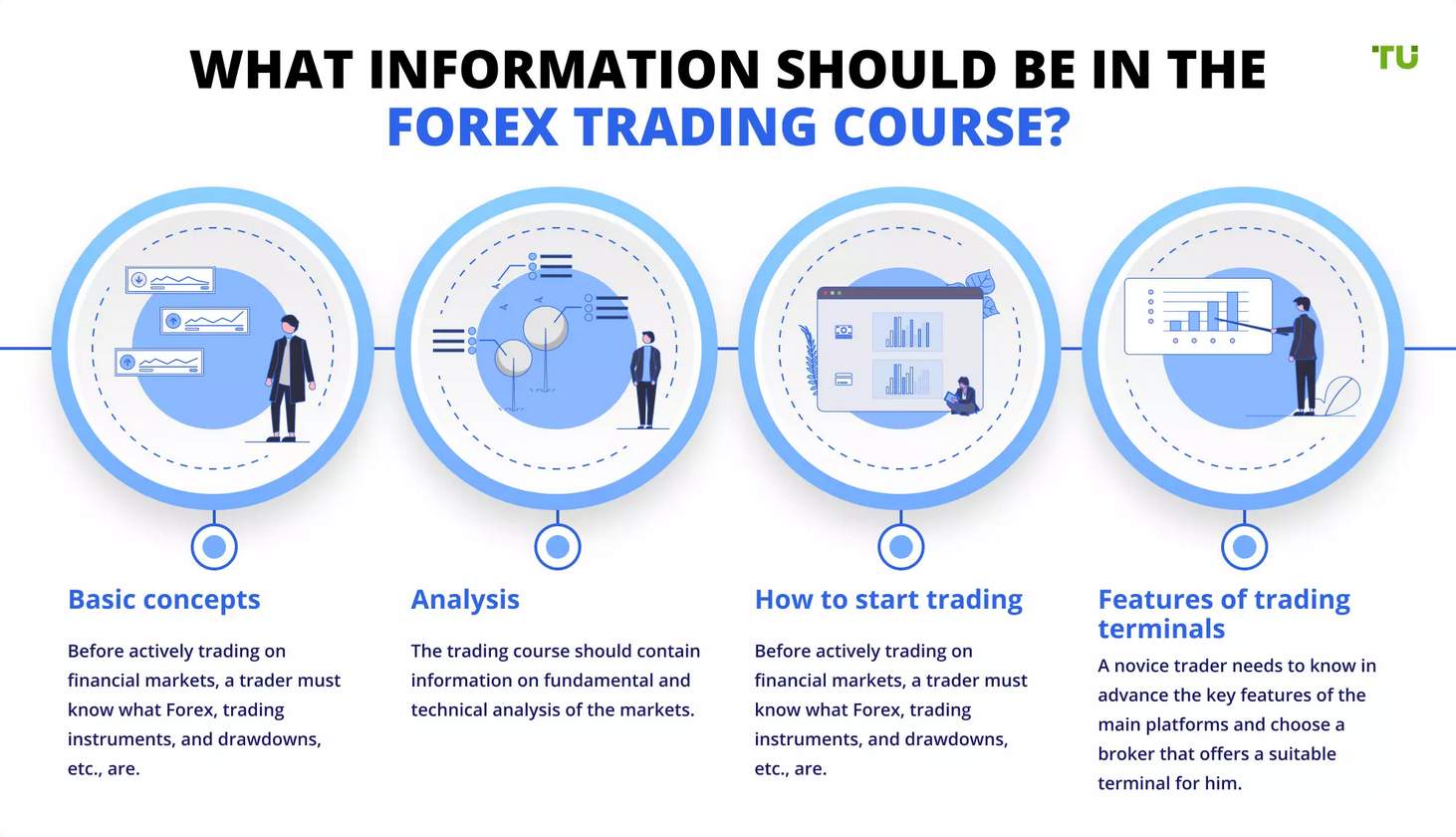Recognizing the Basics of Currency Exchange in Today's Global Market
In a significantly interconnected international economic climate, understanding the basics of money exchange is vital for stakeholders throughout various markets. As central financial institutions put in impact and technological developments reshape currency trading, the ramifications for global business are far-reaching.
The Basics of Currency Exchange
Money exchange is a basic facet of the worldwide economic climate, helping with international profession and investment. It involves the conversion of one currency into an additional and is crucial for businesses, governments, and individuals who participate in cross-border purchases. The currency exchange process happens in the forex market (Forex), which is the biggest and most liquid monetary market worldwide, operating 24 hours a day, five days a week.
At its core, money exchange is driven by supply and demand characteristics. Money are traded in sets, such as EUR/USD or GBP/JPY, and the currency exchange rate in between them indicates just how much one currency is worth in terms of one more. This rate changes constantly due to trade flows, resources motions, and other market tasks.
Individuals in the Foreign exchange market range from big banks and multinational companies to specific financiers and vacationers. Each participant may have different goals, such as hedging against currency exchange rate threat, speculating on currency movements, or helping with worldwide acquisitions. Comprehending the essentials of money exchange is essential for making notified choices in the international market, as currency exchange rate can substantially affect the cost of goods and solutions, investment returns, and economic stability.
Variables Influencing Exchange Rates
Exchange prices are formed by a complicated interplay of different financial elements, mirroring the loved one strength and security of national economic situations. Secret amongst these aspects is interest rate differentials. Higher rate of interest prices offer lenders much better returns about other nations, drawing in even more foreign funding and creating the money to appreciate. Conversely, inflation rates play an essential function; money in nations with lower inflation rates tend to value as acquiring power increases about higher-inflation economies.
In addition, profession balances influence money worth. A country with a substantial profession surplus commonly sees its money appreciate due to boosted international demand for its items and services, while a profession shortage can compromise the currency.
Political stability and financial performance are essential as well; nations regarded as low-risk destinations for financial investment often tend to see their currencies appreciate. forex trading course. Market supposition can additionally drive exchange price fluctuations, as investors expect future motions based on present economic indicators and geopolitical events. These factors collectively add to the dynamic nature of currency exchange rate in the global market
The Role of Central Financial Institutions

Main financial institutions additionally participate in forex interventions to remedy too much volatility or imbalances in exchange rates. These interventions could entail buying or marketing foreign money to maintain a preferred currency exchange rate degree. Additionally, reserve banks hold significant fx books, which can be deployed strategically to sustain their money.

Innovation and Money Trading
While central banks shape the overarching landscape of currency exchange, technological advancements have actually changed the auto mechanics of money trading itself. The expansion of digital systems has actually equalized access to fx markets, allowing specific traders to get involved alongside institutional investors. Online trading platforms, outfitted with real-time information and logical devices, promote informed decision-making and have contributed to boosted market liquidity.
Algorithmic trading, powered by advanced software program, has revolutionized the speed and efficiency of money trading. Algorithms perform professions based on predefined criteria, minimizing human treatment and decreasing the time needed to utilize on market movements.
Cryptocurrencies, underpinned by blockchain, have presented a new dimension to currency trading, motivating market participants to adapt to a progressing monetary community. As innovation proceeds to advance, its impact on money trading will likely deepen, shaping future market dynamics - forex trading course.
Influence On Global Trade
In the interconnected landscape of international trade, money exchange plays a critical role in shaping more helpful hints financial relationships between countries. A solid currency can make a country's exports a lot more expensive and less attractive on the global stage, potentially minimizing market share.
Currency changes can additionally lead to financial unpredictabilities, complicating long-lasting planning for multinational companies. Organizations frequently hedge against these risks via monetary instruments to stabilize prices and revenues. In addition, exchange rates influence international direct investment (FDI) decisions, as financiers seek beneficial problems to optimize returns, affecting resources streams across borders.
In addition, governments make every effort to keep stable currency exchange rate to cultivate foreseeable trading conditions, sometimes interfering in international exchange markets to achieve economic goals. Reserve banks may change rates of interest or execute financial my review here plans to affect money toughness, thus impacting profession characteristics.
Verdict
A comprehensive understanding of currency exchange fundamentals is necessary for navigating the complexities of the international market. Exchange prices, shaped by interest prices, rising cost of living, and financial development, are critical in determining money evaluations.